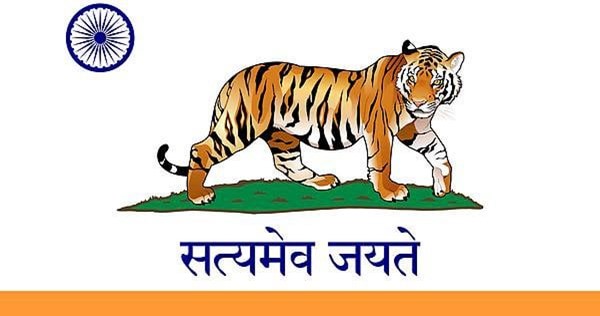India and California have agreed to collaborate on zero-emission vehicles (ZEVs). The two governments signed a joint declaration in September 2022 to work together to accelerate the development and adoption of ZEVs.
The collaboration will focus on a number of areas, including:
- Research and development: The two governments will collaborate on research and development of ZEV technologies, such as batteries, electric motors, and charging infrastructure.
- Policy development: The two governments will work together to develop policies that support the adoption of ZEVs, such as subsidies and tax breaks.
- Market development: The two governments will work together to promote the development of the ZEV market in India and California.
The collaboration between India and California is a significant development for the global ZEV market. India is the world's fifth largest car market and California is the world's largest market for ZEVs. The collaboration between these two major markets is expected to accelerate the adoption of ZEVs globally.
Benefits of the collaboration between India and California on ZEVs
The collaboration between India and California on ZEVs is expected to have a number of benefits, including:
- Accelerated development and adoption of ZEVs: The collaboration is expected to accelerate the development and adoption of ZEVs in India and California. This will help to reduce air pollution and greenhouse gas emissions from the transportation sector in both countries.
- Reduced cost of ZEVs: The collaboration is expected to reduce the cost of ZEVs by making them more efficient and affordable to produce. This will make ZEVs more attractive to consumers and accelerate their adoption.
- Job creation: The collaboration is expected to create jobs in the ZEV manufacturing and service sectors in India and California.
- Reduced greenhouse gas emissions: ZEVs produce zero emissions, so the collaboration is expected to reduce greenhouse gas emissions from the transportation sector in India and California. This will help to mitigate climate change.
Challenges
The collaboration between India and California on ZEVs will face some challenges, including:
- Cost: ZEVs are currently more expensive than conventional vehicles. The two governments will need to find ways to make ZEVs more affordable for consumers.
- Infrastructure: India needs more ZEV charging stations and other related infrastructure to support the growth of ZEVs. The Indian government and the private sector will need to invest in developing the necessary infrastructure.
- Consumer awareness: Many people are not yet aware of the benefits of ZEVs. The two governments will need to raise awareness of ZEVs and their benefits in order to promote their adoption.
Conclusion
The collaboration between India and California on ZEVs is a welcome development. It is expected to have a number of benefits, including accelerated development and adoption of ZEVs, reduced cost of ZEVs, job creation, and reduced greenhouse gas emissions.
The two governments will need to address some challenges, such as cost, infrastructure, and consumer awareness, in order to make the collaboration successful. However, with the right support, the collaboration can make a significant impact on the global ZEV market and help to reduce air pollution and greenhouse gas emissions from the transportation sector.
Additional thoughts
The collaboration between India and California on ZEVs is a sign of the growing global commitment to zero-emission transportation. Other countries and regions, such as China, the European Union, and South Korea, are also investing in the development and adoption of ZEVs.
The global ZEV market is expected to grow rapidly in the coming years. The increasing popularity of ZEVs is being driven by a number of factors, including rising air pollution concerns, government incentives, and falling battery prices.
The collaboration between India and California is a positive step towards a more sustainable future for transportation.






